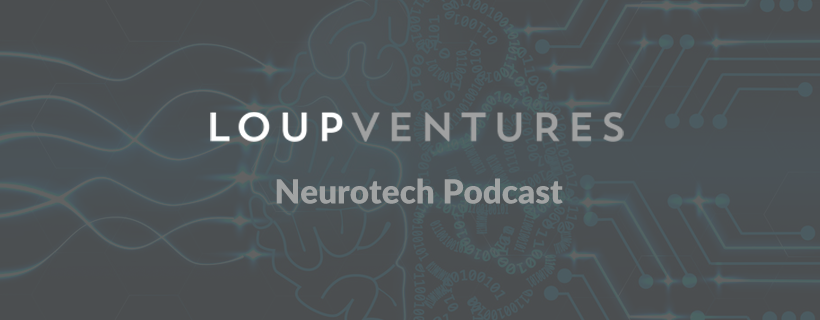Ian Stevenson. Ian is an Assistant Professor at the University of Connecticut in the Statistical Neuroscience Lab. Ian originally began his career in Physics, but moved into statistical neuroscience for his PhD at Northwestern University. At Northwestern, he developed “Stevenson’s Law” with Dr. Konrad Kording. Throughout his career he has received numerous grants and awards for his field work from companies such as Nvidia, Yahoo, and Qualcomm.
Konrad Kording. Konrad is a Professor at the University of Pennsylvania where his lab focuses on causality as it relates to the human brain and machine learning. He received his PhD in Physics from the Federal Institute of Technology in Zurich and has been a professor at Northwestern University, where he met Ian Stevenson, as well as the Rehabilitation Institute of Chicago. His three areas of focus include Bayesian modeling, data analysis, and neurotechnologies.
Top 3 Takeaways.
- Neuron tracking plays a key role in our ability to understand the human brain.
- Analyzing brain data is complex due to the need for causal driven results versus outcome driven results. Success in neuronal data analysis is determined by causal, rather than outcome, discovery.
- To truly understand the brain, we must start asking the right questions rather than chasing solutions.
Show Notes.
- [0:53] Ian and Konrad’s academic backgrounds.
- [2:47] Ian and Konrad’s relationship as Ph.D. classmates that eventually led to a career in computational neuroscience.
- [4:39] Stevenson’s Law vs. Moore’s Law as it relates to neuron tracking.
- [6:30] Konrad breaks down the 7-year barrier for simultaneous neuron tracking.
- [9:07] How does the approach to analyzing neuronal data sets differ from traditional data sets?
- [11:39] Neuron patterns across different brains.
- [14:29] How do we build on people’s research on the brain?
- [15:34] An academic’s perspective on the emergence of private interest in the field of neuroscience.
- [18:04] Ian and Konrad’s favorite neuroscience books.
Selected Links.
- Ian Stevenson’s Personal Bio
- Konrad Kording’s Personal Bio
- Stevenson’s Law
- Mostly Harmless Econometrics by Joshua D. Angrist
- Mind Wide Open by Steven Johnson
Related Podcasts.
- Episode 001 – Dr. Michael Merzenich
- Episode 002 – Jeff Hawkins
- Episode 003 – Dr. Mikhail Lebedev
- Episode 004 – Gaurav Sharma
Disclaimer: We actively write about the themes in which we invest: artificial intelligence, robotics, virtual reality, and augmented reality. From time to time, we will write about companies that are in our portfolio. Content on this site including opinions on specific themes in technology, market estimates, and estimates and commentary regarding publicly traded or private companies is not intended for use in making investment decisions. We hold no obligation to update any of our projections. We express no warranties about any estimates or opinions we make.
